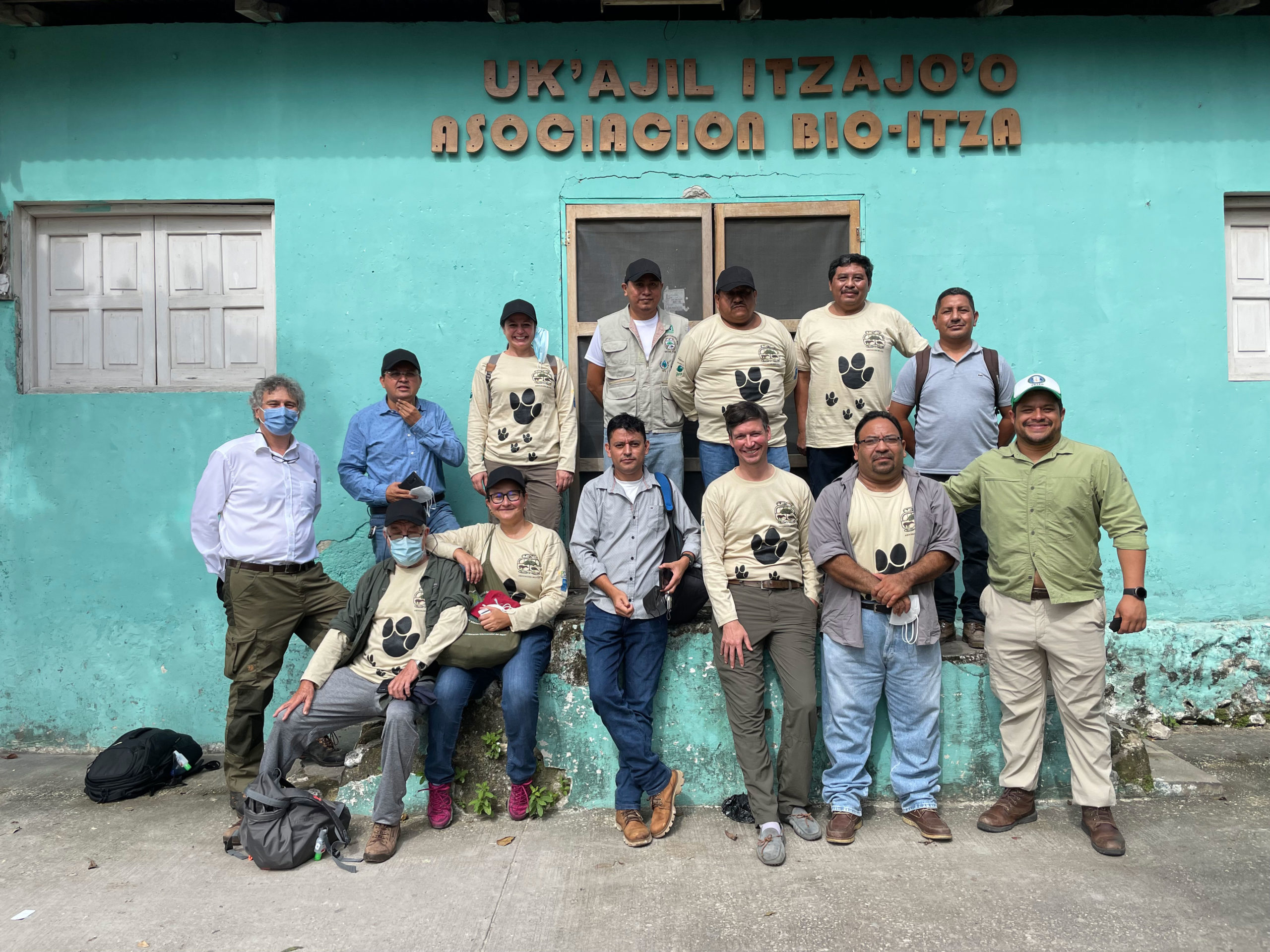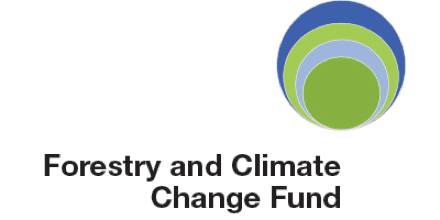Inclusion & fairness
FCCF mainly works in areas where work opportunities are limited and poverty levels are relatively high. Local communities often fail to benefit from the opportunities stemming from forest areas and lack access to the forestry value chain. With limited alternative options, this frequently results in further deforestation. For this reason, the development of forestry management practices needs to go hand in hand with socio-economic development opportunities for local communities.
A core aim for the Fund is to ensure that local communities are able to share in the benefits which stem from FCCF’s projects. The Fund places a considerable emphasis on ensuring best practices are in place to enable opportunities across the value chain: this notably includes a focus on fair sourcing.

Where possible, we endeavour to finance local communities directly; often these communities have limited access to financial services and building a long-term relationship of trust is crucial for fair and equitable development. It is also notable that certain groups may face greater challenges in accessing the value chain, notably indigenous communities, women and those with small (<=100 ha) forestry holdings and supporting such individuals is also a key ambition of the Fund.
To monitor the Fund’s social performance, various indicators are tracked, notably the number of forest owners receiving investment and the number of jobs generated (these numbers are further disaggregated to see whether conventionally marginalised groups are reached). Regular and reliable income is key to ensuring that benefits materialize for local communities.
The Fund also plays close attention to potential adverse impacts in its projects. As well as complying with European Sustainable Finance regulation, particular attention is paid to the needs of indigenous communities. Land acquisition is also generally avoided.

